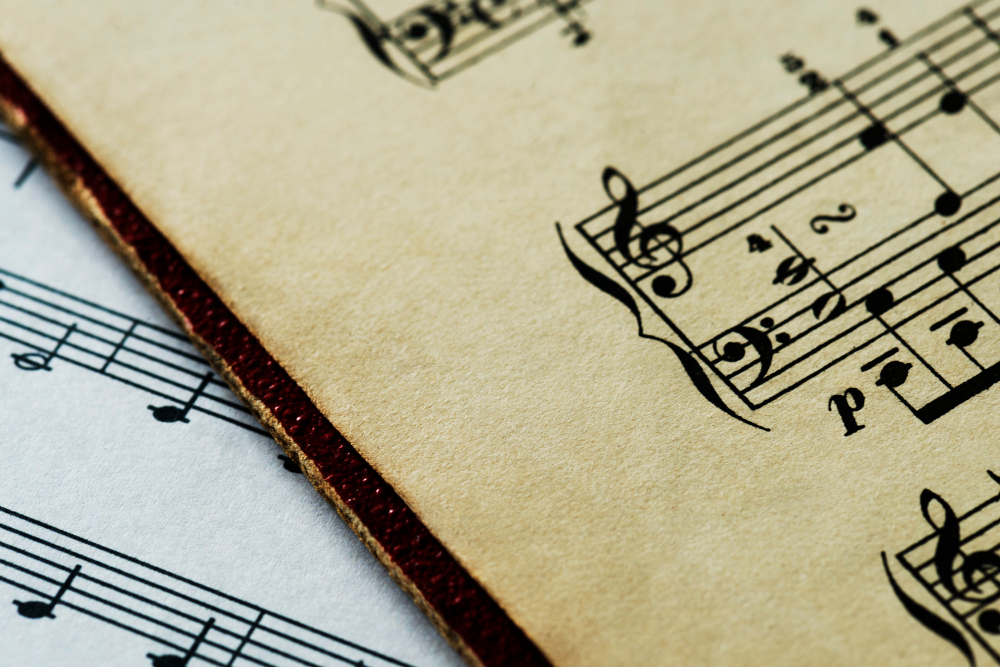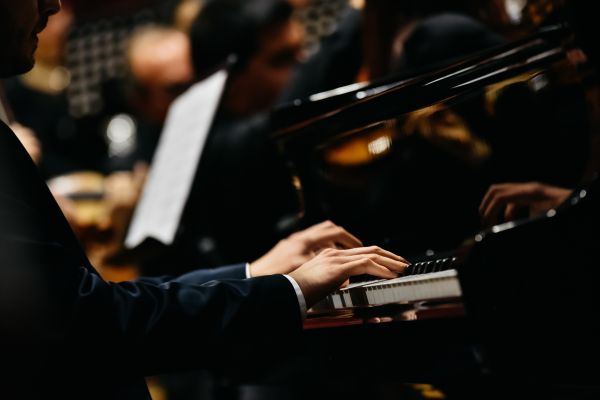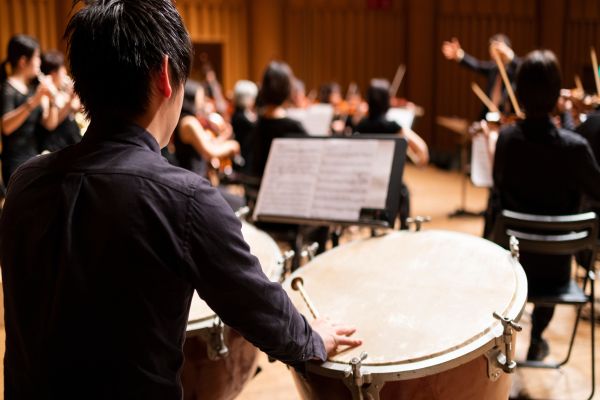Born on April 1 in 1873, Sergei Rachmaninoff, who took up piano at the age of four, is revered among the last great pantheon of pianist-composers going back to Mozart, Beethoven, Brahms and Liszt. By the time he was 19, he was acclaimed for his one-act opera Aleko; and while still in his teens, had established his mettle as a composer and concert pianist with his two compositions: the Prelude in C-sharp Minor and his Piano Concerto No. 2 in C Minor.
Piano Concerto no.2 op.18 – The first movement, notably the most popular, is moderately paced and expresses a myriad of emotions and establishes the main theme. The second movement is played slow most of the part and with a lot of expressions. It gives a melancholic yet beautiful emotion. The final movement begins fast and energetic and has an improvisational nature and ends jubilantly.
In ‘The Great Pianists’, a book written by renowned critic Harold Schonberg, he described Rachmaninoff as one of the purest, most complete pianists who ever lived. To quote him, “At any Rachmaninoff concert, one noted the sharp rhythmic thrusts, the virility and the sense of sonority the man had. And, above all, a musical elegance in which phrases were shaped with an exquisite finish. When he played a Liszt transcription of a Schubert song, one immediately realized how unimaginative and unmusical most singers were.”
Regarded as the last great figure in the tradition of Russian Romanticism’s towering composer and pianists, he is especially known for his piano concerti and the piece for piano and orchestra titled Rhapsody on a Theme of Paganini. Another much-loved composition of Rachmaninoff was his choral symphony The Bells which, with its entwining of choral and orchestral resources, exhibited phenomenal ingenuity to create striking imitative and textural effects.
Rachmaninoff: Rhapsody on a Theme of Paganini – This piece was inspired by the works of 19th-century violin virtuoso Niccolò Paganini. It consists of 24 variations (parts), each emoting a different mood and story. It is said that the composition is inspired by the life of Paganini.
He also recorded Chopin, including a famous version of the “Funeral March” Sonata. One critic, bowled over by Rachmaninoff’s way with that sonata, wrote in 1930: “The logic of the thing was impervious; the plan was invulnerable; the proclamation was imperial. There was nothing left for us but to thank our lucky stars that we had lived when Rachmaninoff did and heard him, out of the divine might of his genius, re-create a masterpiece.”
A quote by Rachmaninoff is worth reflection on: What is Music? How do you define it? Music is a calm moonlit night, the rustle of leaves in summer. Music is the far off peal of bells at dusk! Music comes straight from the heart and talks only to the heart: it is Love! Music is the Sister of Poetry and her Mother is sorrow!



